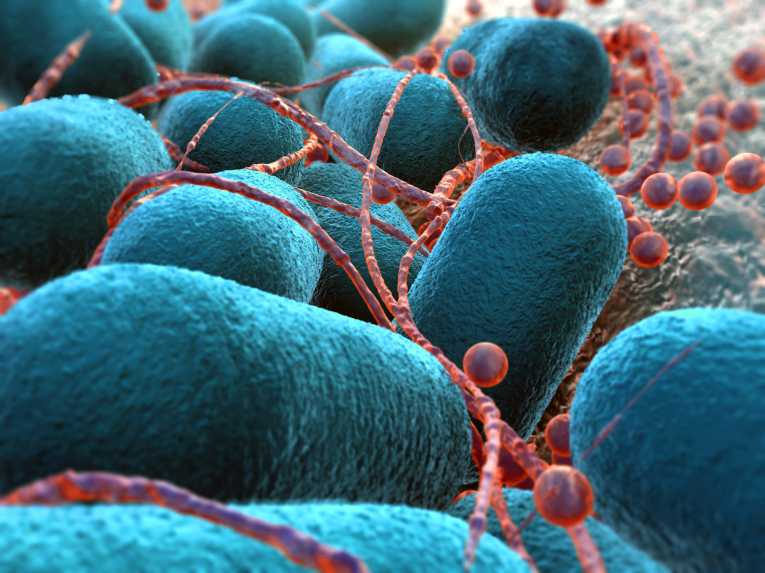The precise route by which the new strain arose has yet to be confirmed - but identifying its evolution is of the utmost importance, for public health and food safety. This newly published analysis - from a German team led by Professor Helge Karch, of the University of Munster - is the first step on that road. Over 80 samples from patients laid low by the infection were assessed, using a genetic technique to rapidly identify the presence of genes - especially those for producing toxins, adhering to the gut and promoting resistance to antibiotics.
It turns out that the strain identified had a unique blend from all three of these areas. The bacteria was able to produce Shiga, a deadly toxin that can result in kidney failure through HUS - hemolytic uremic syndrome - in its victims. This seems to have come from the EHEC strain (enterohemorrhagic E coli). However, EHEC infections normally only cause HUS in 6% of cases - but this new strain also borrowed a trick from another E coli cousin - enteroaggregative E coli, or EAEC - which boosted the rates of HUS development.
EAEC has a 'stacked brick' adherence mechanism, which allows it to stick to the gut lining, so prolonging any bacterial infection. Having this stickiness allowed the new strain to deliver greater quantities of the Shiga toxin direct to the gut - so causing more cases of HUS. Nearly 30% of those infected went on to develop the HUS complication, which can lead to potentially fatal kidney failure.A final trick in the tail found in the new strain is its resistance to both penicillin and cephalosporin types of antibiotics. If patients were given these classes of antibiotics, the resulting damping down of other microbes could, perversely, have helped O104:H4 to run riot. It is the 'special blending' of all these attributes that concerns the authors.
'Although we lack an explanation for increased virulence, this outbreak tragically shows that blended virulence profiles in enteric pathogens introduced into susceptible populations can have serious consequences for infected people,' they concluded.
In the meantime, while bean sprouts are off the menu for many, the International Sprout Growers Association is trying to reassure consumers. In a statement last week they said 'Since sprouts are locally grown and sold, rarely imported or exported, the likelihood of this spreading outside of Germany is very small.' But the advice for rigorous washing for all fresh salads and vegetables stands - as it serves to protect against a range of common bacteria, that are simply an inevitable part of our everyday environment.
Top Image Credit: © Gunnar Assmy










